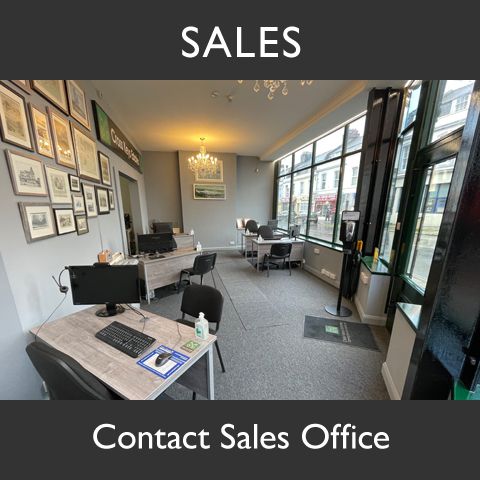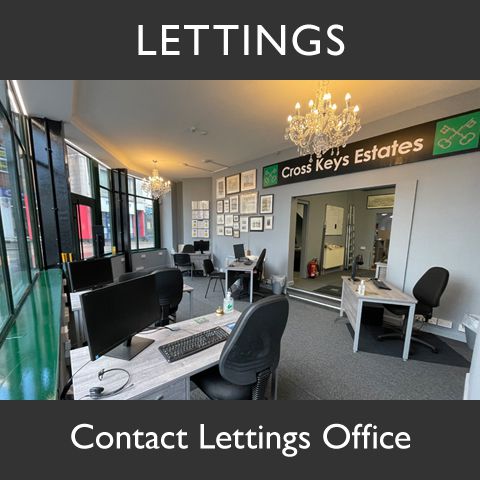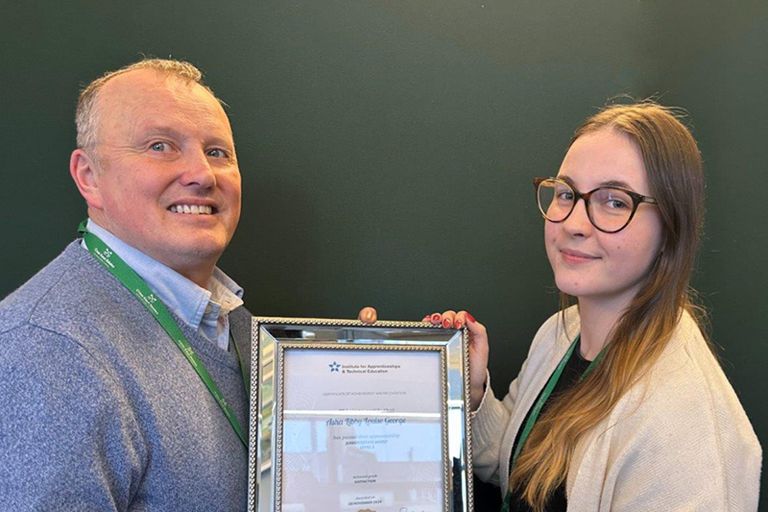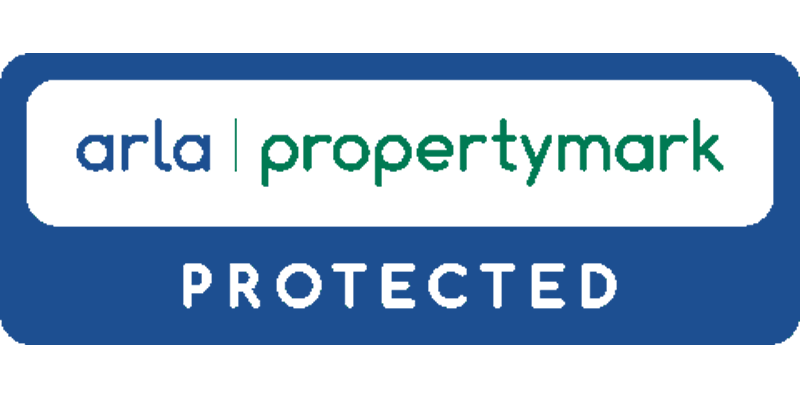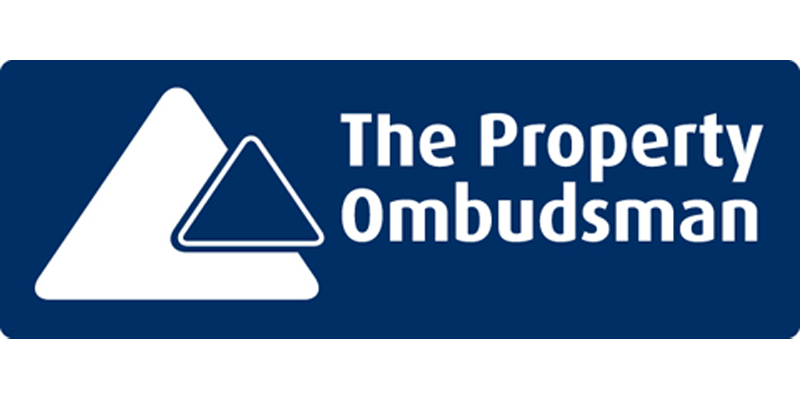Advice for Vendors
When looking to put your property on the market, you will have to make decisions on matters that you are not necessarily fully confident about. It is important to prepare yourself properly to try to ensure that you not only sell your property but sell it at the best price you can.
The guide below contains some advice on how to go about getting your property on the market at the right time, with the right presentation at the right price and with the right agent.
Just like when you decide to sell you anything, like your car, the first thing we always do is to give it a clean, hoover it out, polish it and maybe even put an air freshener in it. Why should your house or flat be any different?
- First impressions count – make sure it looks good at the front. Cut the grass, remove any litter, make sure any flaky paint has been removed and repainted.
- Try to put your litter bins out of sight.
- Make sure people can see your house, cut and trim any hedges, trees or shrubs that might be obscuring the view of your property.
- Inside, clear away the kids’ toys, make sure the beds are made and the washing up is not in the sink. It doesn’t have to be a show house, but presenting it in a clean and tidy condition can only help.
- Open up the blinds or curtains to let in as much light as possible.
- Make sure that the entrance is clutter free and obstacle free as this will be the first room that viewers will see.
- If you have pets, make sure that they are out of the property and that the property doesn’t have a pet odour.
- If you use a dehumidifier, make sure that it is out of sight, the same with added heaters. These say that you may have damp issues or that your heating system is not adequate enough for your needs and potentially theirs.
- After you have your Energy Performance Certificate, try changing any energy efficient light bulbs for normal ones so that if required, when the lights are switched on you have immediate light rather than ones that take their time coming to full brightness.
- You might think all estate agencies do the same job. You would be right. The important thing to establish is how they do the job.
- There is no substitute for experience. Choose a firm that knows the area, the houses and the people.
- Having two, ten or fifty offices isn’t as important these days as it used to be. However, having a High Street office is. People need somewhere to go and be able to speak to someone face to face.
- If things go wrong, you want to be sure you have some to complain to. Honest Estate Agents will always back their service with a right of redress through a recognised body. Look for a firm that is RICS or NAEA or ARLA registered.
- Do you like, trust and have confidence in the person/people who will be selling your property?
- The hard salesman isn’t always the best salesman. Someone who offers constructive, unbiased advice and knows his clients is often the most successful in concluding the deal.
- Don’t necessarily go with the highest valuation. It may be the estate agent wants your house on their books at any price.
- Has your agent given you advice on any changes that may help get you a better price for your property or did they just say “No, it’s perfectly fine the way it is”?
- It is not easy to tell a potential vendor if there are any faults with the property but an honest agent will point these out as they may affect the value of your property and any potential sale. Remember 99% of sold properties have a survey and a surveyor will certainly pick up these potential faults.
- Have you looked online for customer reviews about the agent you are thinking of using. www.allagents.co.uk is a great place to start. See what other clients have to say about their experiences with that agent.
- Internet agents often charge less but their fees are payable whether they sell your house or not. Why waste money if they do not sell your property, high street agents only charge you once your sale has completed.
- Get well taken photographs with a good digital camera and wide angle lens. Avoid “Fish eye” photos. They distort the room and lead to disappointed viewers who were expecting something bigger than it really is.
- Do not pay for your photos. A good agent will provide these as part of their service, these should not be an “ADD ON”, you shouldn’t have to decide between a Bronze, Silver or Gold standard of service, the agent should offer you their best service all the time not just if you pay for it !!!
- Ask your estate agent how many photos they publish on the internet. The more the better. I have been witness to several properties that have only had 3 or 4 photos from their previous agent; this is nowhere near enough for potential buyers to decide if they may want to view your property. To get serious buyers through your door, show them as much as you can about the house. Make sure the only surprises are good ones.
- If the weather is not good on the day you are having the photos taken, will the agent come back and do some new ones in better conditions so that your house will look at its best online. Blue skies always make property look better.
- It is natural for each of us to try and get the best price for our property, but sometimes you could be tempted to be a little optimistic.
- Don’t rely on House Price Indexes (Indices). Your local estate agent may have been in half the houses in the street and be able to use his experience and knowledge to give you an accurate valuation and suggest an asking price to help get the best figure and buyers through your front door.
- Be careful that you don’t start too high and make too many price reductions. This can lead to buyers thinking there is something wrong with your property when all that was wrong was the price.
- Estate Agents show and sell houses every day, so let them do the job for you. They will feel more comfortable selling the house than you and can take the emotion out of the viewing.
- If you show the house, try and remember the things that first attracted you to it. Don’t concentrate solely on the house and tell them about schools, shops, transport and the lovely neighbours.
- When offers come in, let your Agent use their experience to negotiate on your behalf.
- Keep some ‘distance’ between you and the buyer; don’t get too friendly. The last thing you will want is unexpected knocks at the door when they want to do a review and you may not have the house in the same condition as when they first saw it.
- If you get more than one offer on your property, don’t necessarily go with the first or the highest one.
- Consider the position of the prospective buyers. Make sure your Agent qualifies them for you. Are they really a cash buyer?
- Make sure your agent has done their homework and knows if there is a chain and if so, how many houses, and what are the other sellers/buyers circumstances are.
- Pick a reputable, professional who has a proven track record of dealing with matters efficiently.
- Help your solicitor by providing the information you are asked for quickly.
- Avoid using internet conveyancing firms as if there are any issues you may find it easier if your chosen legal professional is local so that you can pop in to see them if needed.
- Look at reviews for these professional as well. Google has reviews on most firms so when you type them in to your search engine, you can see what other people have said about them.
- Sales can fall through for all sorts of reasons.
- Think in advance about how you will deal with any remedial work identified and/or down valuation by the surveyor.
- The golden mile is getting to exchange of contracts. This is usually the point that you can start booking things with certainty such as removals, time off work and any tradesmen that you will need to work on your new home.
- Your estate agent will try to help you get though this with as little stress as possible but always bear in mind that once a sale is agreed, it is now up to lots of different people to get past the finish line such as your financial advisor but especially as this is a legal process, your solicitor is the person that will dictate how your sale or purchase goes, your agent can only pass on information and try to push all parties in the right direction.






